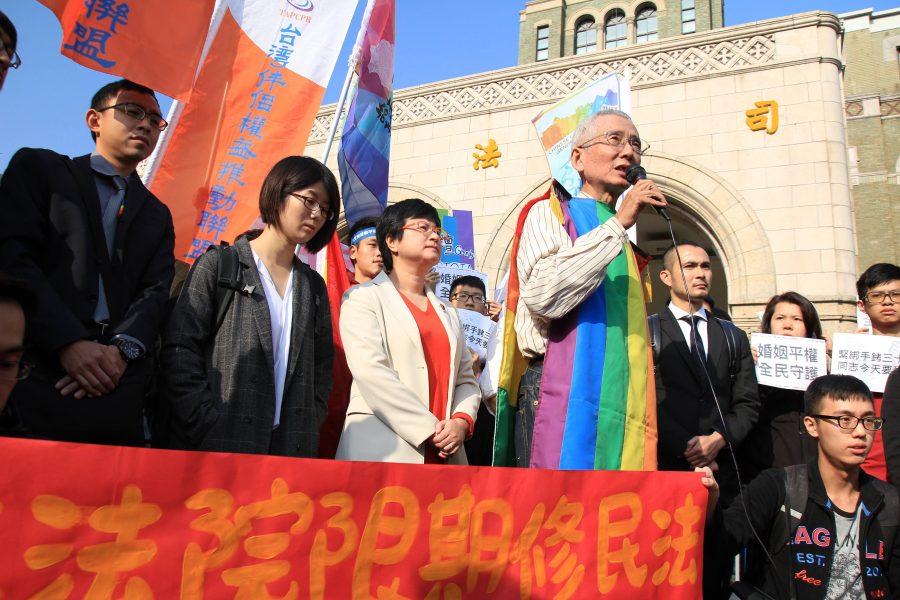Last spring, in the March 2019 newsletter, the college counseling office sent out a link to a blog post titled “5 Things You Should Know About Senior Spring.” The post warned students of the risks of falling prey to “senioritis” once they’ve received their acceptance letters, highlighting that acceptance offers, including scholarships, are conditional. And if that was not convincing enough, college counselors also said that “spring performance is a predictor of success” and “you will appreciate ending high school on a positive note.” The blog post ended with the sentence, “In the end, the message is simple: KEEP WORKING!”
It goes without saying that our college counselors, along with the rest of the faculty, hope to see students thrive academically, regardless of the time of the year. Still, this message towards seniors could use a little nuance. “Senioritis” and success are not always mutually exclusive—at least, for seniors who have committed the past three and a half years of their lives overstretching themselves to reach their personal goals—perhaps, now, a reshuffling of priorities is not uncalled for.
While the notorious “senioritis” seems to be every teacher’s nightmare, at Taipei American School especially, it has the potential to do more good than bad.
With regards to “ending high school on a positive note,” “positive” should be measured by an individual’s metrics, not by systemic expectations. We have been told to prioritize our own wellness and individual passions, but when they are under the pressure to succeed, students will always be skeptical of this advice.
After submitting college applications, seniors who once fed into TAS’s toxic hyper-academic culture, may start to reconsider what really matters. Without the threat of failure or the pressure to succeed, perhaps they will begin to see how their approach to school was unhealthy. With self-reflection, they will be able to plan how they want to change their mindset and what sort of balance of life they want to achieve in college.
Some might argue that this balance of life could be achieved in less all-or-nothing manner, and students don’t need to wait until senior year to decide that they want to prioritize wellness over academics. But it is far more difficult to eradicate toxic competition when people still feel as if they are still being compared with others. Perspectives are more likely to change if the conditions themselves change too.
In a way, the idea of “senioritis” isn’t actually an illness that needs solving; rather, it is a time when students are trying to find themselves, without worrying about whether they’re distributing their time strategically to please adults.
“Senioritis” doesn’t have to be synonymous with irresponsibility. Maybe, for some students, this reshuffling of priorities means delving more deeply into classes that they couldn’t afford to fully explore before. Or, this could mean spending more time with their families, who they will not be seeing nearly as often for the rest of their adult lives. There is a middle point between workaholism and laziness. And if students deliberately decide that in order to live a more balanced life, they need to go from being an A student to an A minus student—they should be able to do so, guiltlessly.
Seniors—with graduation approaching, carefully consider how you want to distribute your time during your last few months. Consider what kinds of impressions you want to leave on your teachers, friends, and family— the people who have long supported your path to success.
Fundamentally, the core message of the college counseling office’s March 2019 newsletter was that students should exercise prudence. Indeed, it would be a shame to see all of one’s hard work go to waste because of one or two poor decisions. But there is a fine line between reckless impulsivity and finding a sense of balance. Hopefully, Taipei American School has educated us well enough for seniors to understand this distinction.
EDITORIAL | “Senioritis” isn’t a dirty word
December 4, 2019
0
Tags:
More to Discover

![[PHOEBE CHEN/THE BLUE & GOLD]](https://blueandgoldonline.org/wp-content/uploads/2019/12/senioritis-900x600.jpg)

![[CHARLOTTE LEE/THE BLUE & GOLD]](https://blueandgoldonline.org/wp-content/uploads/2019/10/hongkong2-900x597.jpg)



![A myriad of impressive trophies and awards. [ANNABELLE HSU/THE BLUE & GOLD]](https://blueandgoldonline.org/wp-content/uploads/2025/09/Awards2-1200x512.jpeg)
![Students' calendars say goodbye to exam week. [ANNABELLE HSU/THE BLUE & GOLD]](https://blueandgoldonline.org/wp-content/uploads/2025/09/Exam-week-1200x740.jpg)
![A collection of college flags. [PHOTO COURTESY OF AMBER HU ('27)]](https://blueandgoldonline.org/wp-content/uploads/2025/05/IMG_5029-1200x577.jpeg)

![An SAT word cloud. [PHOTO COURTESY OF WORDCLOUDS]](https://blueandgoldonline.org/wp-content/uploads/2025/05/SAT.jpeg)
![Collage of banned books, including “The Handmaid’s Tale” by Margaret Atwood. [MINSUN KIM/ THE BLUE & GOLD]](https://blueandgoldonline.org/wp-content/uploads/2025/04/IMG_4274-1200x681.jpeg)